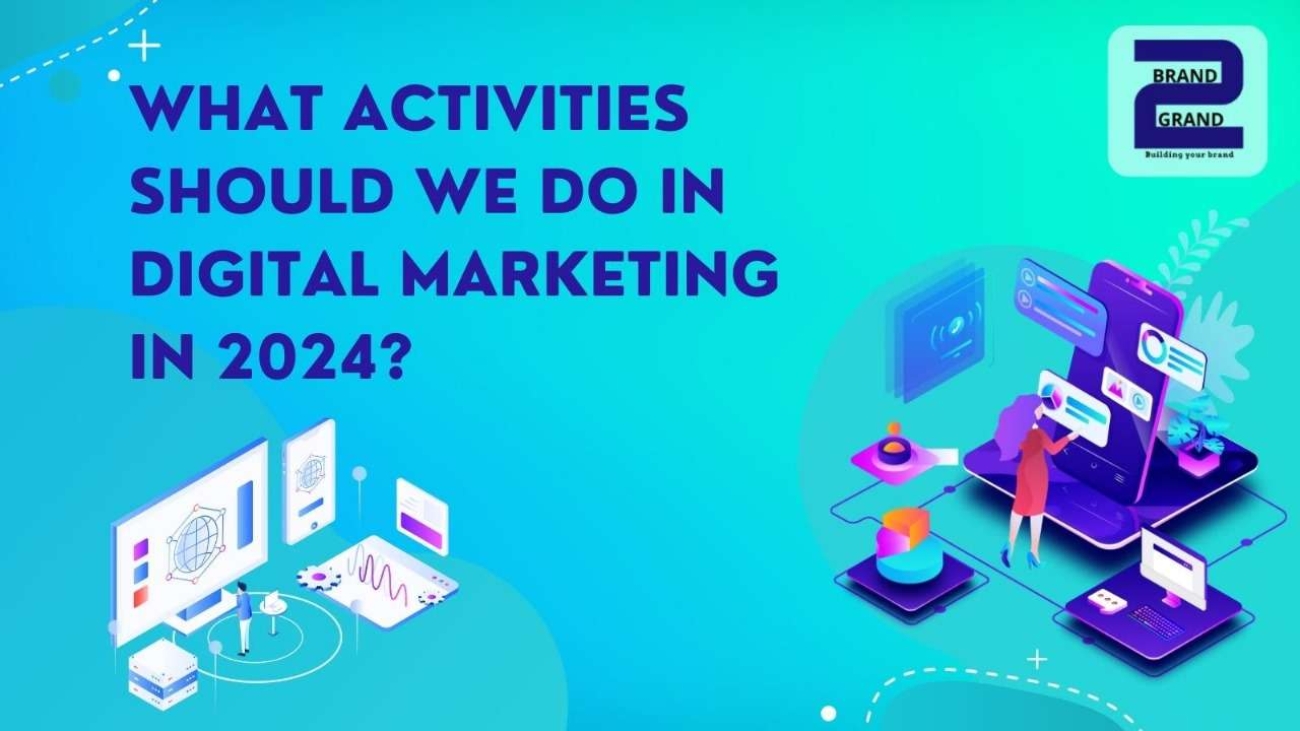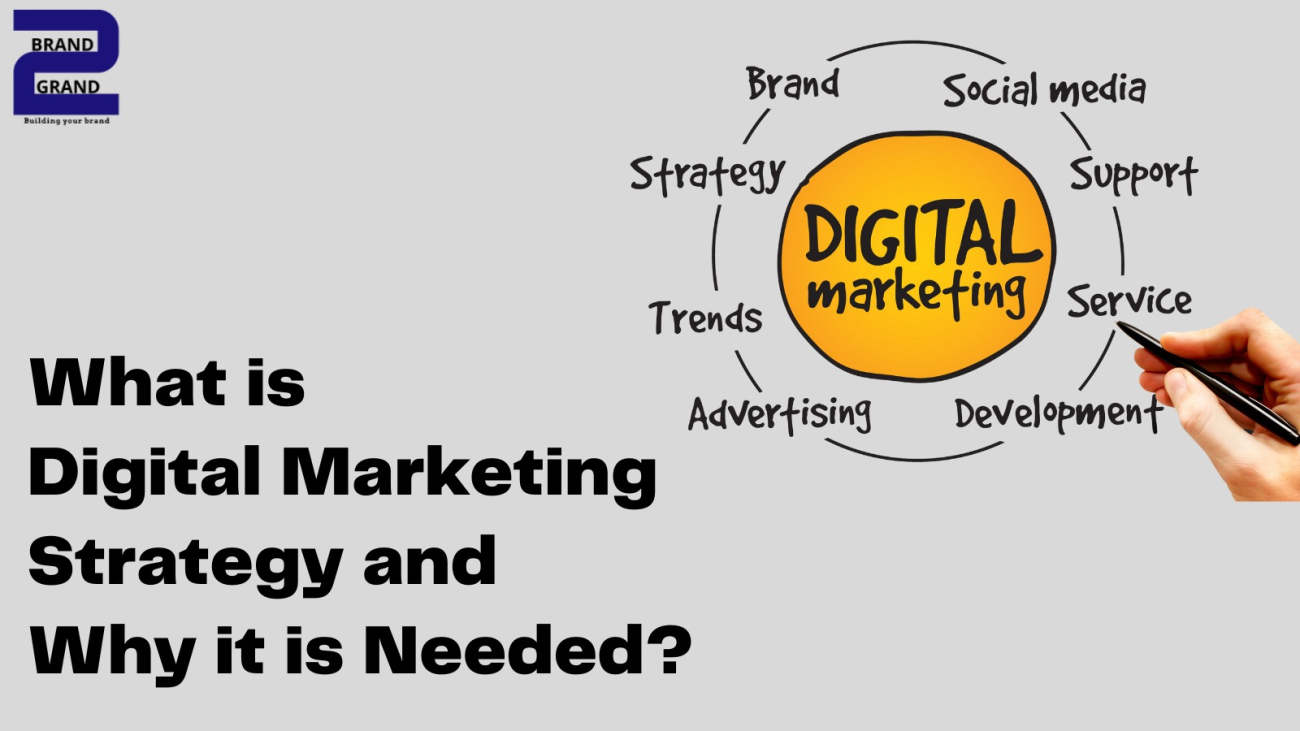Digital marketing is a rapidly evolving field, and the activities you should focus on in 2024 will depend on industry trends, your target audience, and your specific business goals. However, here are some digital marketing activities that are likely to remain important in 2024:
- Content Marketing:- High-quality, relevant, and engaging content will continue to be the backbone of digital marketing. Consider creating blog posts, videos, infographics, and other content that resonates with your audience.
- Search Engine Optimization (SEO):- SEO will remain crucial for increasing your website’s visibility in search engine results. Stay updated with Google’s algorithms and optimize your website for both desktop and mobile.
- Social Media Marketing:- Social media platforms are still essential for connecting with your audience. You’ll want to have a presence on platforms relevant to your target demographic and engage with your followers regularly.
- Video Marketing:- The popularity of video content continues to rise. Consider creating and promoting videos on platforms like YouTube, TikTok, and Instagram.
- Email Marketing:- Email is a powerful channel for maintaining customer relationships and driving sales. Personalize your email campaigns and use segmentation for more targeted messaging.
- Influencer Marketing:- Collaborating with influencers who align with your brand can help you reach new audiences and build trust with potential customers.
- Chatbots and AI in Customer Service:- Use AI-powered chatbots and virtual assistants to provide better customer support and enhance the user experience on your website.
- Data Analytics and Personalization:- Leverage data to understand your audience better and deliver personalized content and offers. Use tools like Google Analytics and customer relationship management (CRM) software.
- Voice Search Optimization:- As more people use voice-activated devices like smart speakers and voice search on smartphones, optimizing for voice search will become increasingly important.
- Augmented Reality (AR) and Virtual Reality (VR):- Depending on your industry, consider incorporating AR and VR experiences into your marketing efforts to engage your audience in unique ways.
- Privacy and Compliance:- Stay informed about data privacy regulations like GDPR and CCPA. Ensure your marketing practices comply with these regulations to avoid legal issues.
- Blockchain and Cryptocurrency:- Explore how blockchain technology and cryptocurrency can be integrated into your marketing strategies, especially if your target audience is tech-savvy.
- Mobile Optimization:- With the majority of internet traffic coming from mobile devices, it’s crucial to have a mobile-friendly website and consider mobile app marketing.
- Community Building:- Fostering a sense of community around your brand can be a powerful way to build trust and loyalty among your customers. Consider using forums, social media groups, or other community-building platforms.
- Sustainability and Social Responsibility:- As consumers become more environmentally and socially conscious, incorporating sustainability and social responsibility into your marketing messages can be a compelling strategy.
Remember that the specific mix of activities you should focus on will depend on your industry, target audience, and business objectives. Regularly monitor and adapt your digital marketing strategy to stay ahead of evolving trends and technologies. Additionally, consider consulting with digital marketing experts or agencies for guidance tailored to your specific needs.


